- Home
- Health Condition
Medicine For Boils On Buttocks
Medicine For Boils On Buttocks
- Total Items (16)
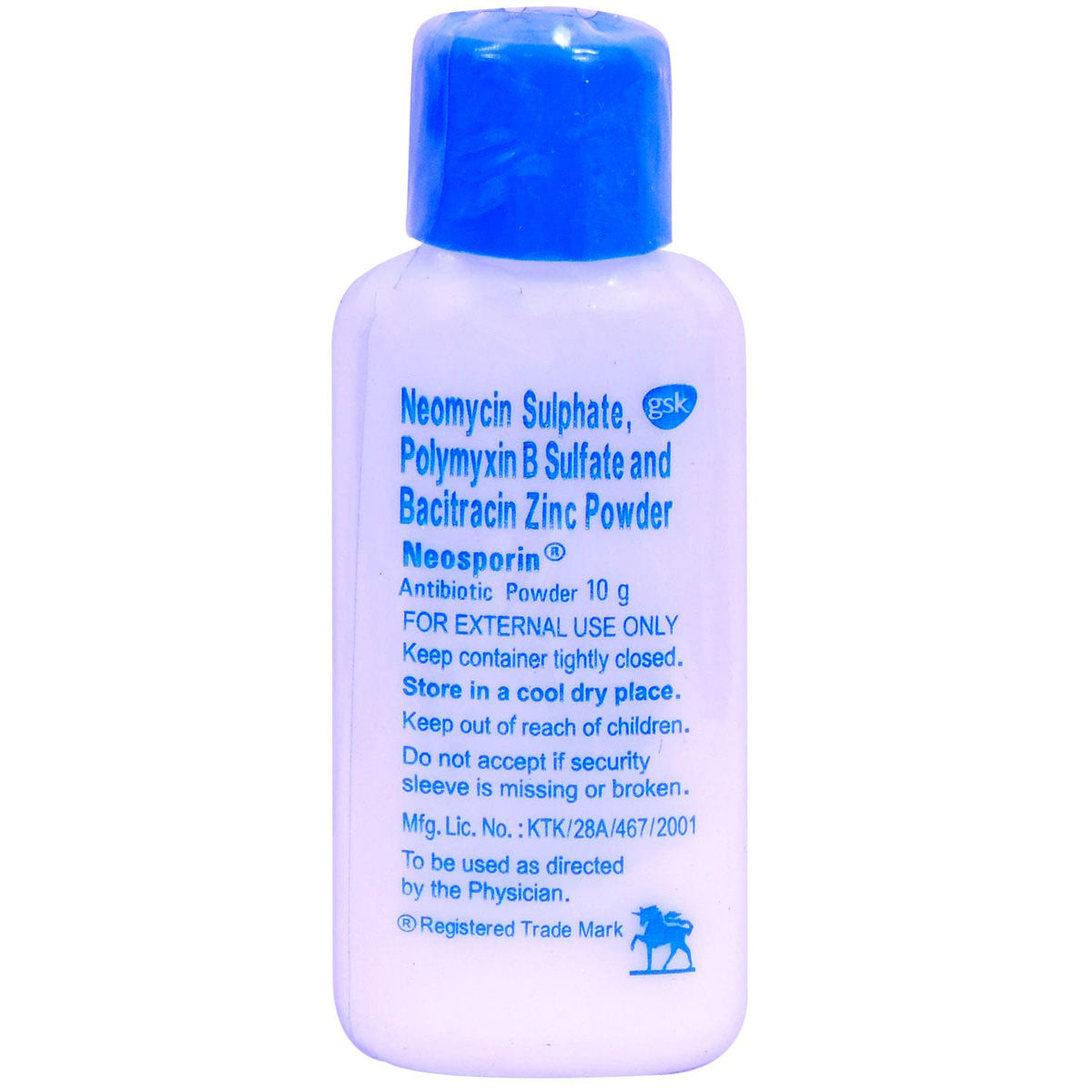 RX
RXNeosporin Dusting Powder 10 gm
₹93.20
MRP ₹103.50
10% off
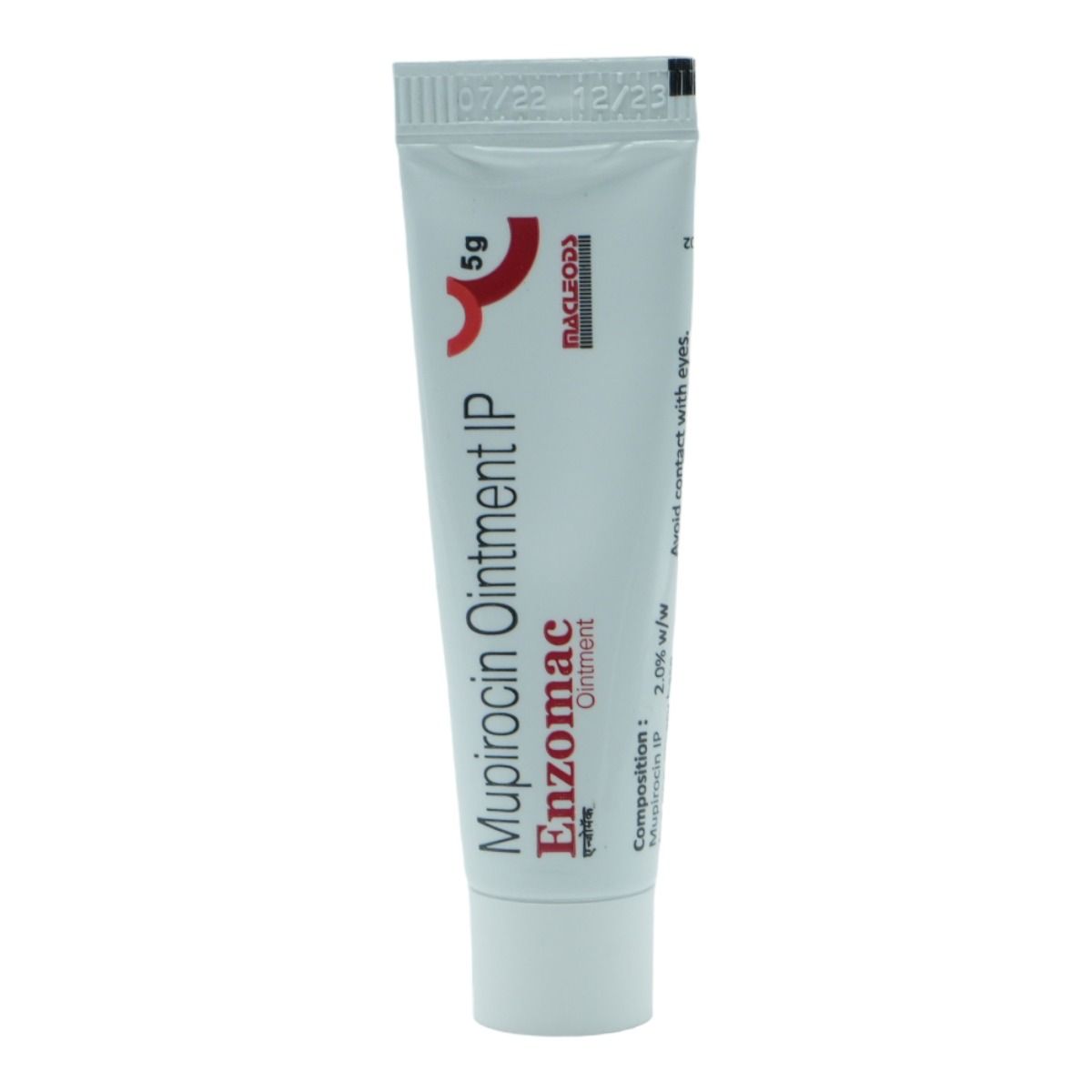
Enzomac Ointment 5 gm
₹102.20
MRP ₹113.50
10% off
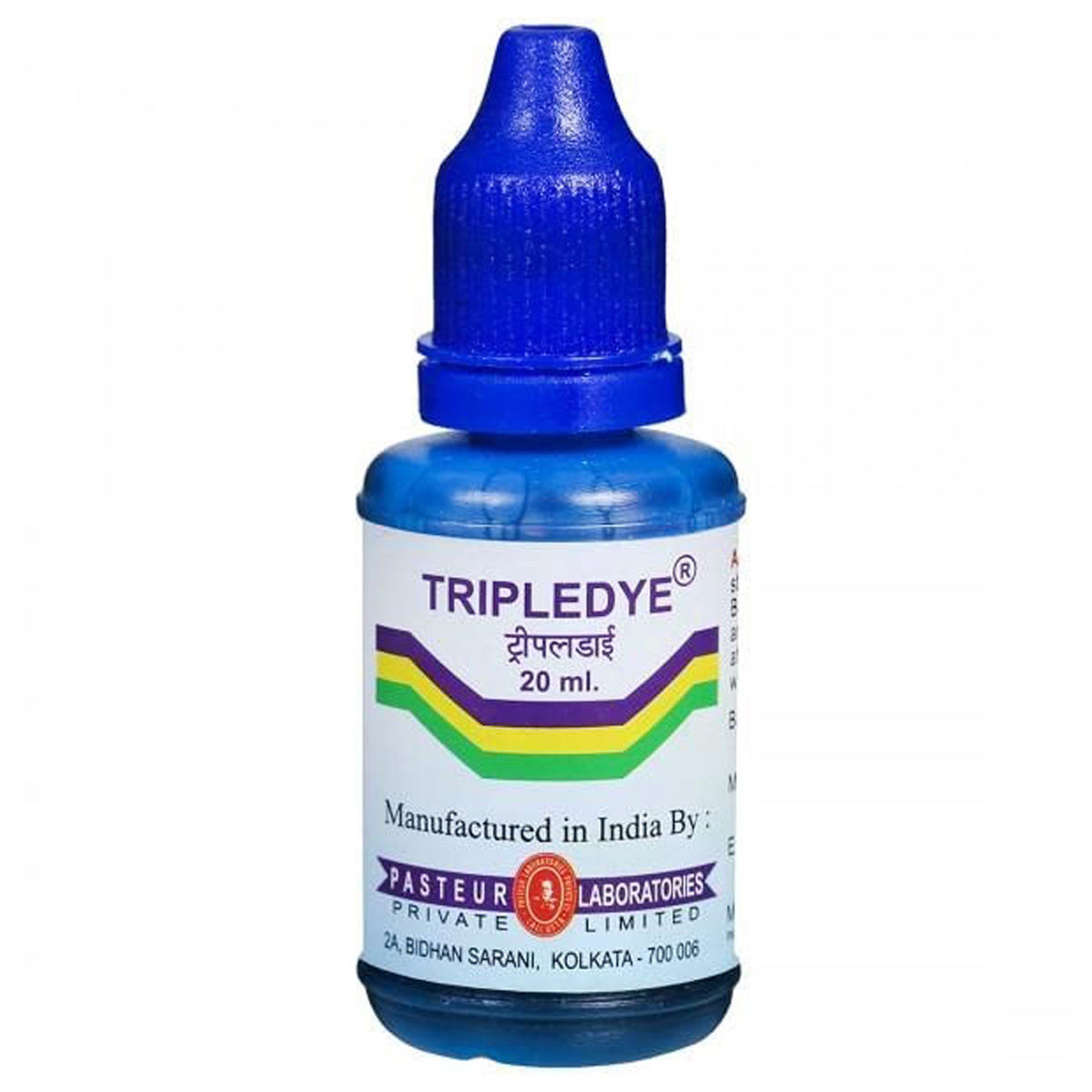
Tripledye Liquid 20 ml
₹62.10
MRP ₹69
10% off
 RX
RXSisonext Cream 10gm
₹99
MRP ₹110
10% off
 RX
RXNeosporin Skin Ointment 20 gm
₹209.30
MRP ₹232.50
10% off

Magnesium Sulphate 20gm
₹9
MRP ₹10
10% off
 RX
RXTercin Gel 5 gm
₹359.10
MRP ₹399
10% off
 RX
RXSoframax Cream 15 gm
₹36
MRP ₹60
40% off
 RX
RXNebasulf Ointment 5 gm
₹135
MRP ₹150
10% off
 RX
RXPoricos-GZ Cream 30 gm
₹99
MRP ₹110
10% off
 RX
RXSupirocin B Plus Ointment 15 gm
₹68.40
MRP ₹76
10% off
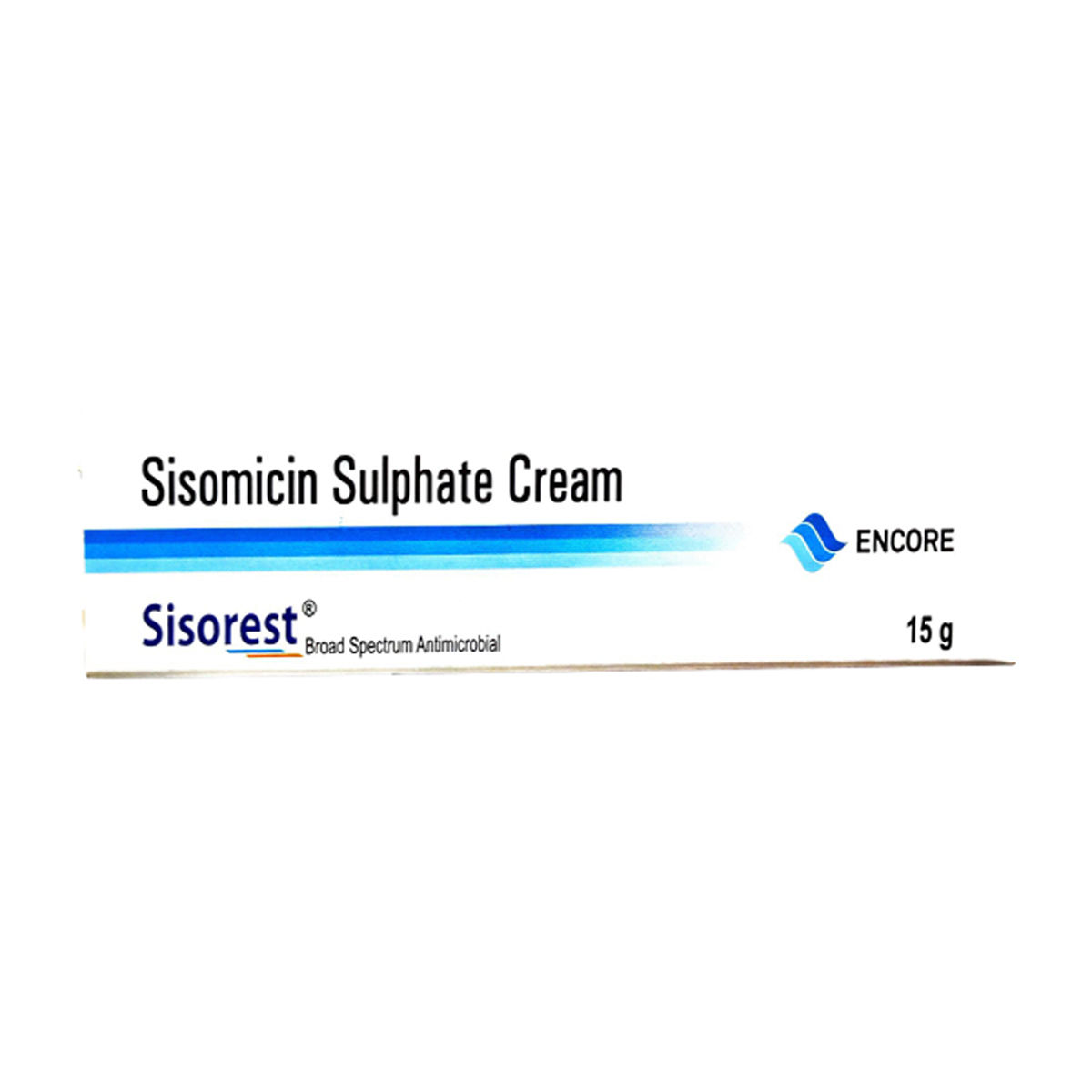
Sisorest Cream 15 gm
₹112.50
MRP ₹125
10% off
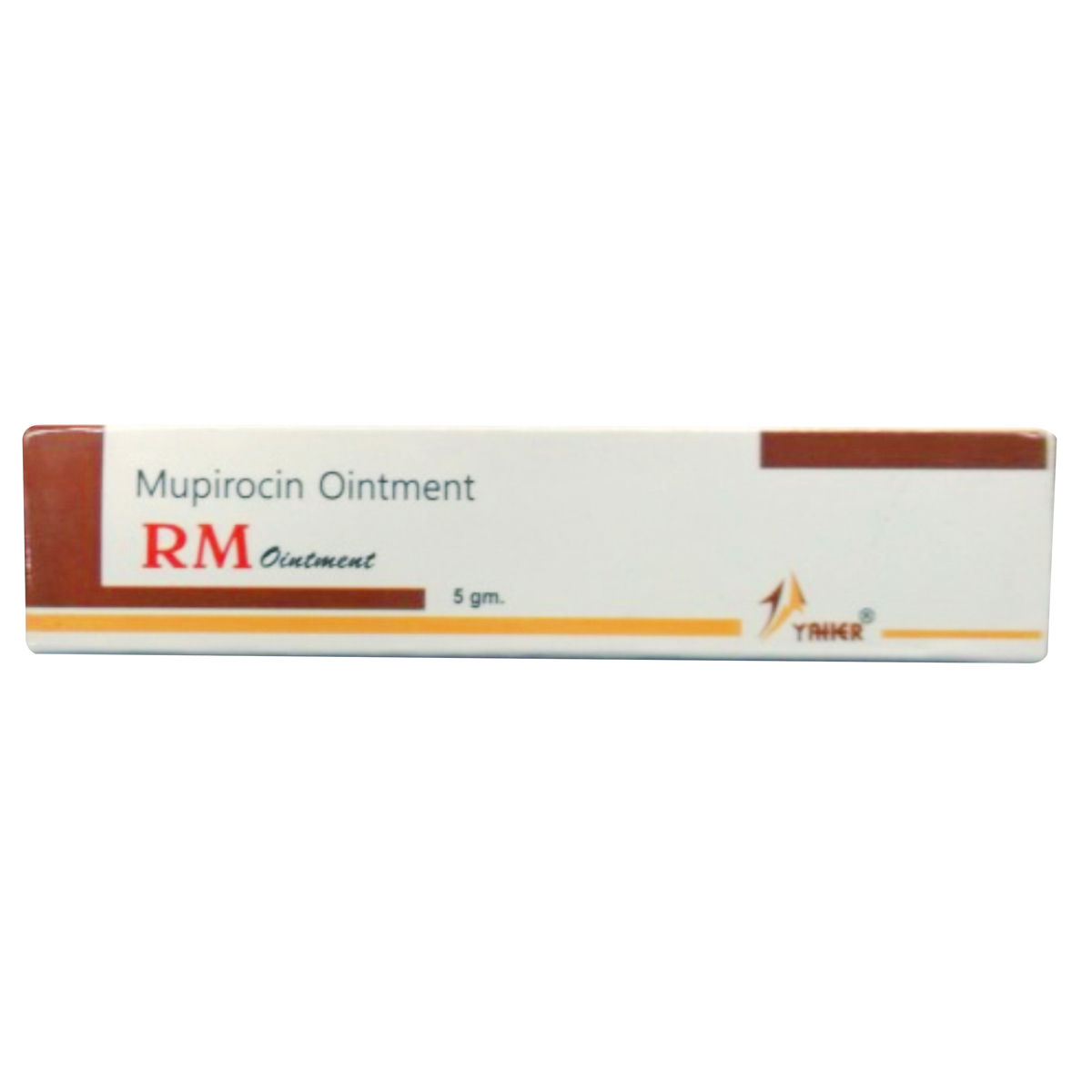
RM Ointment 5 gm
₹153
MRP ₹170
10% off

Aloderm Skin Cream 50 gm
₹157.50
MRP ₹175
10% off

Magnesium Sulphate Paste 50 gm
₹27
MRP ₹30
10% off
Medicine For Boils On Buttocks
Boils, also known as furuncles, on the buttocks can be an uncomfortable and painful condition that many individuals experience. These boils are caused by bacterial infections that lead to the formation of pus-filled lumps beneath the skin. While they can develop anywhere on the body, boils on the buttocks can be particularly bothersome due to the friction and pressure experienced in this area. Fortunately, there are various medications available that can effectively treat and alleviate the symptoms of boils.
Types of Medicine for Boils on Buttocks
Treating boils on the buttocks often requires a combination of different types of medicines. The specific treatment will depend on the severity of the boil, the size, and whether it is a recurring issue. Here are the main categories of medicines used for treating boils:
1. Topical Antibiotics
Topical antibiotics are applied directly to the infected area and are commonly used for treating mild boils. These medicines are effective in killing the bacteria that cause the infection.
- Mupirocin: This is a widely prescribed topical antibiotic effective against skin infections, especially those caused by Staphylococcus aureus. Mupirocin works by inhibiting bacterial growth, which helps to clear up the infection and promote faster healing.
- Bacitracin: Another option for treating mild infections. It can help prevent the infection from spreading and reduce the risk of scarring.
2. Oral Antibiotics
Oral antibiotics may be necessary for more severe boils or when the infection has spread beyond the initial site. These antibiotics are taken by mouth and work systemically to kill bacteria throughout the body.
- Cephalexin: A broad-spectrum antibiotic that treats various bacterial infections, including boils. It is often prescribed when the infection is more severe or widespread.
- Clindamycin: A potent antibiotic used for more resistant bacterial strains, including methicillin-resistant Staphylococcus aureus (MRSA).
- Doxycycline: Often prescribed for recurrent boils or infections caused by resistant bacteria. It is particularly useful for treating MRSA-related infections.
3. Pain Relievers
Boils can be very painful, especially when they form in sensitive areas like the buttocks. Pain relievers can help manage the discomfort associated with boils.
- Ibuprofen: A nonsteroidal anti-inflammatory drug (NSAID) that reduces both pain and inflammation. It is often recommended to help manage the discomfort caused by boils.
- Acetaminophen: A pain reliever that can help manage pain without causing stomach irritation, which is common with NSAIDs like ibuprofen.
4. Incision and Drainage (If Needed)
In cases where a boil becomes large, very painful, or does not respond to antibiotics, a healthcare provider may need to drain it surgically. Incision and drainage is a common procedure that helps release the pus and reduce pressure.
- Post-Procedure Care: After draining the boil, your doctor may recommend a topical antibiotic to prevent further infection. Proper aftercare is important to ensure the wound heals properly and does not become infected again.
Benefits of Using Medicine for Boils on Buttocks
Using the right medicine for boils on buttocks offers several important benefits, including:
- Prevents Infection from Spreading: Topical and oral antibiotics effectively kill the bacteria responsible for the boil, preventing the infection from spreading to other parts of the body. In severe cases, untreated boils can lead to complications such as cellulitis, an infection of the skin and tissues beneath it.
- Alleviates Pain and Reduces Swelling: Pain relievers like ibuprofen and acetaminophen help manage the pain and reduce swelling associated with boils. This allows for greater comfort and can speed up the healing process.
- Accelerates Healing Process: Antibiotics help target and eliminate the bacteria causing the infection, which can speed up the healing of the boil. With proper treatment, most boils begin to improve within a few days.
- Reduces Risk of Complications: By using antibiotics, either topical or oral, you reduce the risk of further complications, including the spread of infection or the development of additional boils. If a boil does not respond to treatment, incision and drainage can prevent the boil from growing larger or causing more significant issues.
- Prevents Recurrent Boils: For people who experience frequent or recurrent boils, long-term antibiotic treatment may be prescribed to reduce the chances of new boils forming. Additionally, addressing the underlying causes of boils, such as poor hygiene or medical conditions, can help prevent future outbreaks.
Dosage & Usage Instructions of Medicine for Boils on Buttocks
The treatment for boils on the buttocks often involves antibiotics, pain relievers, and topical treatments. Here are general dosage and usage guidelines:
1.Antibiotics:
- Oral Antibiotics: Medications like cephalexin, clindamycin or doxycyclin are commonly prescribed for bacterial infections. Dosage is typically based on the type of antibiotic and taken every 6-8 hours, depending on the severity of the infection. Always complete the full course as prescribed by your doctor.
- Topical Antibiotics: Ointments containing mupirocin or bacitracin can be applied directly to the boil 2-3 times daily. Clean the area before application to ensure effectiveness.
2.Pain Relievers:
Over-the-counter pain relievers like ibuprofen or acetaminophen can help reduce pain and inflammation. Follow the dosage instructions on the label or as advised by your healthcare provider.
3.Antiseptic Solutions:
Antiseptic solutions like povidone-iodine can be used to clean the area before applying topical treatments. Use as directed, typically 1-2 times daily.
4.Drainage:
For large or persistent boils, a healthcare provider may perform an incision and drainage procedure. Follow post-procedure care instructions carefully, including the use of prescribed antibiotics or antiseptics.
Important Considerations:
Always consult a healthcare provider for an accurate diagnosis and appropriate treatment plan.
- Avoid squeezing or popping the boil, as this can worsen the infection or spread bacteria.
- Maintain proper hygiene and keep the affected area clean and dry.
Where To Order Medicine For Boils On The Buttocks Online?
You can easily order medicines for boils on the buttocks from Apollo 24|7 through their website or mobile app. Apollo 24|7 offers a range of treatments, including antibiotics, antiseptic creams, and pain relief medications, to help manage and treat boils. With trusted brands and reliable delivery, you can have the medicines conveniently delivered to your doorstep. Additionally, the platform allows you to book doctor appointments and lab tests, providing a comprehensive healthcare experience. Whether you need a prescription or personalised advice, Apollo 24|7 ensures easy access to the medications and services required for effective treatment.
Frequently asked questions
Oral antibiotics are typically prescribed for larger boils, recurrent infections, or when the infection has spread beyond the initial site. Always consult a doctor to determine if oral antibiotics are necessary.
Topical antibiotics, such as mupirocin, are applied directly to the boil to kill bacteria at the site of infection. They are effective for mild boils and should be used after cleaning the area.
For small boils, home remedies like warm compresses can help promote drainage and reduce pain. However, if the boil is large, painful, or persistent, medical treatment with antibiotics may be required.
If the boil doesn’t improve or worsen despite treatment, consult your healthcare provider. They may recommend incision and drainage or adjust your medication.
Yes, maintaining good hygiene, avoiding tight clothing, and keeping the skin clean and dry can help prevent boils. If you experience recurrent boils, your doctor may recommend additional treatments or tests to identify underlying causes.

